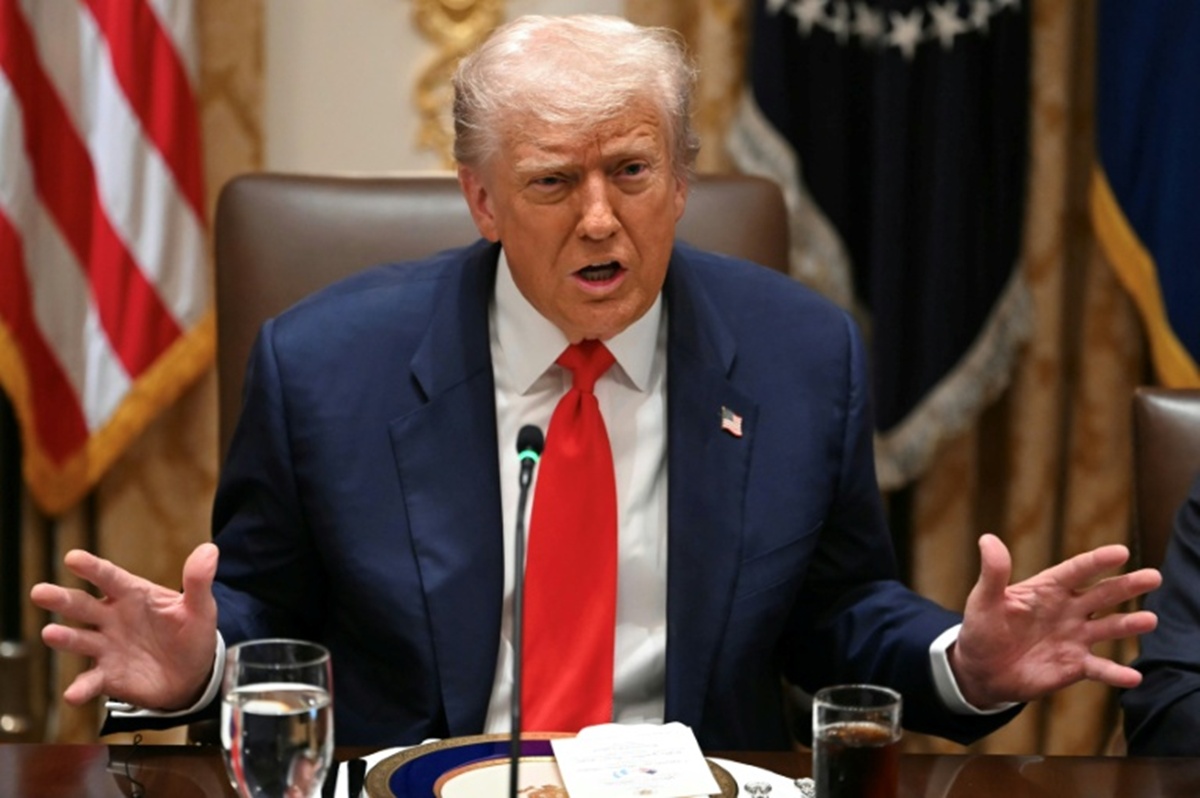Trump's $100,000 H-1B Fee Clarified: Limited Impact on Most US-Based International Students
While the $100,000 H-1B fee initially sparked alarm, its clarified, narrower scope offers significant relief to most international students already residing in the US, though it creates a new barrier for overseas applicants.
Subscribe to our newsletter and stay informed about latest H1B news, policy updates and and other developments.
Article Summary
The Trump administration announced a new $100,000 H-1B visa surcharge, initially causing widespread concern among international applicants and employers. Recent guidance clarifies that this fee will primarily apply to new H-1B petitions filed from outside the US, meaning most international students already in the US on F-1 visas or OPT will not be subject to the additional charge. The policy faces opposition and legal challenges from industry groups who argue it could hinder economic growth and US competitiveness.
Original Article: ibtimes.com
[ Sentiment: neutral | Tone: factual ]
This summary and analysis were generated by TheNewsPublisher's editorial AI. This content is for informational purposes only; it does not constitute legal or immigration advice.
[ Sentiment: neutral | Tone: factual ]
This summary and analysis were generated by TheNewsPublisher's editorial AI. This content is for informational purposes only; it does not constitute legal or immigration advice.
TNP AI: Key Insights
This clarification is crucial for international students on F-1 visas or Optional Practical Training (OPT) in the US, as it significantly reduces the immediate financial burden and uncertainty for those seeking to transition to H-1B status. Previously, a universal application of such a high fee could have severely limited career pathways for thousands of skilled graduates already contributing to the US economy.
However, the fee still poses a substantial deterrent for skilled professionals and UK graduates applying for H-1B visas directly from overseas, potentially impacting the US's ability to attract top global talent. This contrasts sharply with countries like Canada, the UK, and Australia, which are actively refining their skilled worker programs and offering incentives to draw in international professionals, highlighting a growing global competition for talent that this US policy may undermine. The ongoing legal challenges from organizations like the US Chamber of Commerce underscore the business community's concern over the policy's long-term economic implications and its potential to stifle innovation in critical sectors.





